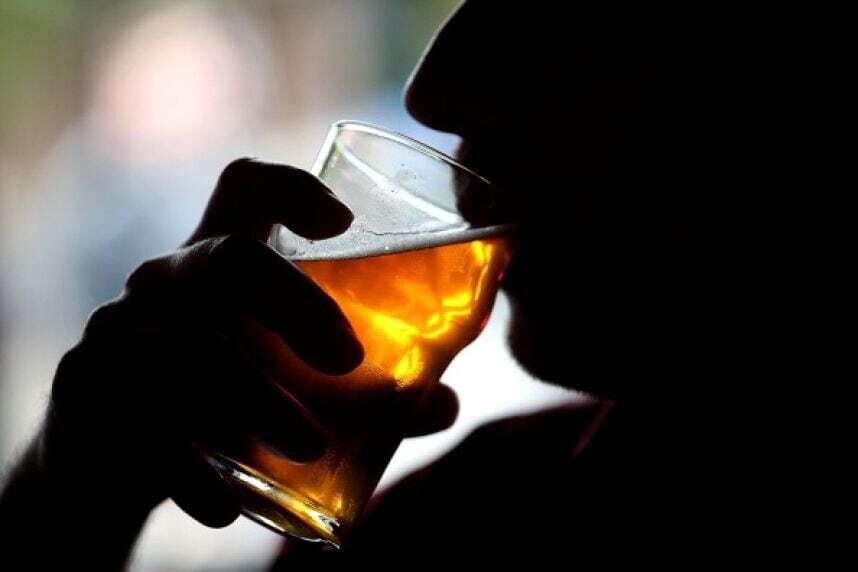
The impact on weight due to alcohol consumption depends not only on the amount ingested but also on the type of drink, the calories it contains, and the frequency with which it is consumed. For example, a 356 ml can of beer has 153 Kcal, while a 200 ml glass of wine has 170 Kcal. This effect is even more pronounced if alcohol is consumed alongside unhealthy foods. Studies have shown that drinking alcohol can affect metabolism and increase appetite, leading to higher calorie consumption.
On World Alcohol Day, November 15, a space for reflection opens up regarding the effects of consuming alcoholic beverages on physical and mental health. Julieth Puello, Bariatric Nutritionist from the Bib system, explained that alcohol provides calories, with ethanol being one of the highest in caloric content. Some drinks like liquors and cream cocktails can add between 300 and 500 Kcal per 100 ml due to their high sugar and fat content.
Health experts emphasize the importance of World Alcohol Day not only to raise awareness about health problems related to its consumption but also to promote effective educational policies and campaigns. With increasing alcohol consumption in the country, it is crucial to understand the effects and encourage moderation to mitigate health and well-being risks.
In Mexico, excessive alcohol consumption affects 40.4% of adults and about 14% of adolescents, according to data from the Alcohol Action Network. The country ranks fourth in beer consumption worldwide, with an average of 68 liters per capita per year. Unlike food, alcoholic beverages do not provide nutrients to the body, making them considered empty calories.
Yesica Avellaneda, a specialist in Bariatric Nutrition and Psycho-Nutrition from the Bib System, points out that alcohol consumption, in addition to being related to various diseases, also impacts weight. The 'empty calories' from alcohol, which have no essential nutritional value, interfere with fat metabolism and can contribute to the accumulation of adipose tissue in the body.














